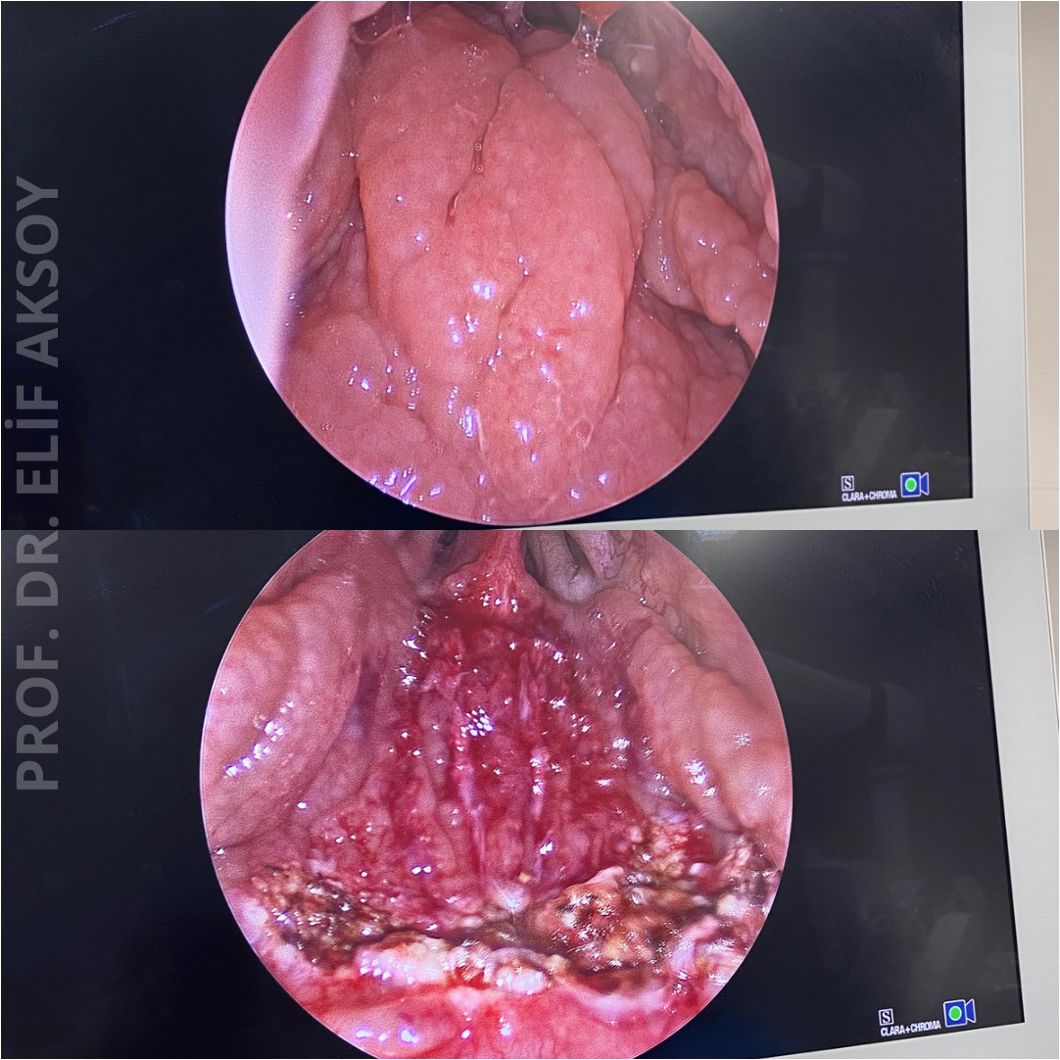When Is Tonsil and Adenoid Surgery Necessary and Who Is It For?
Tonsils and adenoids are part of the body’s immune system and help protect against microorganisms inhaled through the respiratory tract. However, in some cases—especially during childhood—these tissues may become enlarged or frequently infected, leading to various health issues. Tonsillectomy and adenoidectomy are among the most common surgical procedures performed due to recurrent infections or airway obstruction caused by tissue enlargement.
When Is Tonsil and Adenoid Surgery Necessary?
- Airway obstruction: Excessive enlargement of the tonsils and adenoids may cause breathing difficulties, especially during sleep, leading to serious issues like snoring and sleep apnea.
- Peritonsillar abscess: This condition involves pus accumulation around the tonsils, causing severe pain and difficulty swallowing.
- Suspicion of tumor: Although rare, surgery may be required if malignancy is suspected in the tonsils or adenoids.
- Orthodontic and jaw development disorders: Especially in cases of enlarged adenoids, facial and jaw development can be negatively affected.
- Recurrent tonsil infections: Surgery is recommended if the patient has had 7 episodes in the past year, 5 episodes per year over the last 2 years, or 3 episodes per year over the last 3 years.
- Individuals at risk for heart valve disease: Due to the potential for bacterial infections to damage heart valves, tonsillectomy may be advised.
- Middle ear infections and hearing problems: Chronic adenoid enlargement can lead to fluid buildup in the middle ear and result in hearing loss.
At What Age Should Tonsil and Adenoid Surgery Be Performed?
Tonsil and adenoid problems mostly occur during childhood, but surgery may also be necessary in adults. Generally, the minimum age for surgery is 4–5 years. However, if respiratory problems or frequent infections cause serious complications, surgery may be considered at a younger age. There is no upper age limit, though such problems tend to be less common in older individuals, and surgical intervention is less frequently required.
Is Tonsil and Adenoid Surgery Risky?
Tonsillectomy and adenoidectomy are considered low-risk surgical procedures. Statistically, serious complications occur in only 1 out of every 14,000 surgeries. The rate of significant postoperative bleeding is approximately 0.5%.
Some believe that removing the tonsils may weaken the immune system, but scientific studies have not provided conclusive evidence supporting this claim. Although changes in lymphocyte levels have been observed post-tonsillectomy, there is no definitive proof that this increases disease risk.
Additionally, the common belief that “throat infections (pharyngitis) occur more frequently after tonsillectomy” is not supported by scientific data. Research shows that the rate of pharyngitis is similar between individuals who have had their tonsils removed and those who have not.
Conclusion
Tonsil and adenoid surgery, when performed with the proper indications, is a safe procedure that significantly improves the patient’s quality of life. If left untreated, enlarged tonsils and adenoids can lead to long-term respiratory problems, frequent infections, and facial development issues. Therefore, individuals experiencing recurrent infections or breathing difficulties should consult an Ear, Nose, and Throat (ENT) specialist to determine the most appropriate treatment option.



